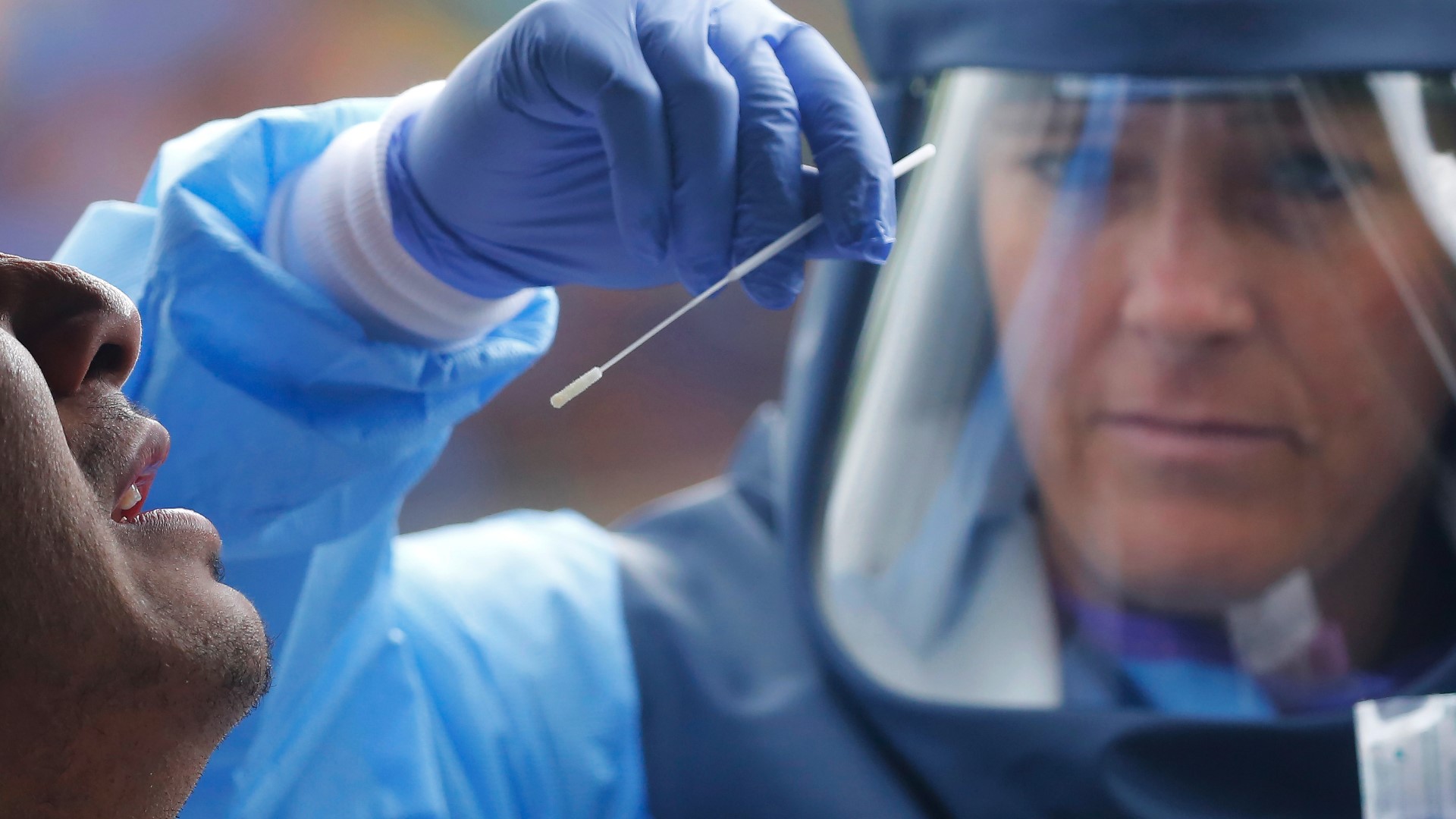ATLANTA — Atlanta is the focal point for making sure the COVID-19 test you use at home is giving you an accurate picture of your health.
Scientists with Emory University, Georgia Tech, and Children’s Healthcare of Atlanta are collaborating with the National Institutes of Health to form the Rapid Acceleration of Diagnostics initiative or RADx.
“All of the tests that you have access to when you order them online or at your pharmacy, they've all come through us and we tested them in the laboratory, tested them in a clinical setting, and essentially gave the NIH our data,” explained Dr. Wilbur Lam, a Professor at Emory University, Georgia Tech, and a Pediatric Hematologist and Oncologist at the Aflac Cancer and Blood Disorders Center of Children's Healthcare of Atlanta.
The RADx team assembled in Atlanta several years ago to look at other tests involving nanotechnology, which would reduce what was once laboratory work into a test you can take home.
“Traditionally, these types of tests have been done in a laboratory setting,” said Dr. Oliver Brand, an engineer at Georgia Tech. “The attempt is now to shrink them in a way they can be done at home.”
Scientists are testing the test in several different settings. In a laboratory, live samples of the COVID-19 virus are used.
“We here in Atlanta actually have one of the biggest biobanks of COVID-19 specimens,” said Dr. Lam. “We have all the different variants, and we bring these tests in to really figure out at what level, what is the lowest concentration of virus each test can detect.”
Dr. Brand and other engineers peer inside the tests to study every component.
“You might say 'hey, why is that test not having the performance it's supposed to have? Why are there more false negatives than expected?'” Brand said. “Often when you open up these tests, you find some clues that you can then relate back to the to the manufacturer.”
Dr. Greg Martin with Emory University is part of the team that tests the COVID tests out in the real world, checking not just accuracy but to see if patients can easily follow what to do with the tests.
“Some tests, when the instructions are not clear, people don't follow them well,” said Dr. Martin. “That can lead to most often a false negative, but it can sometimes lead to a false positive.”
COVID tests are studied to determine if they’re ready for use, while some are re-examined to see if their successful in detecting new variants.
The group is operating with a $64 million dollar grant from the NIH.

